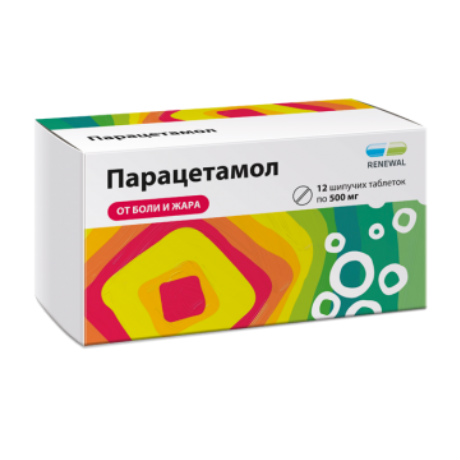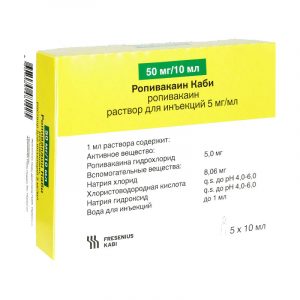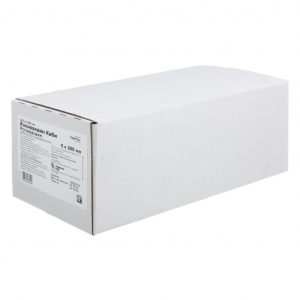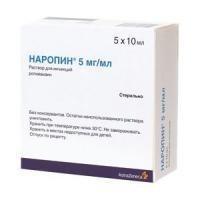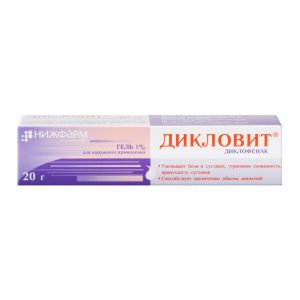Description
Pharmacological action
Paracetamol (a derivative of paraaminophenol) has analgesic, antipyretic and mild anti-inflammatory effects. The exact mechanism of analgesic and antipyretic effects of paracetamol has not been established.
Apparently, it includes central and peripheral components.
The drug blocks cyclooxygenase I and II mainly in the central nervous system, affecting the centers of pain and thermoregulation. In inflamed tissues, cellular peroxidases neutralize the effect of paracetamol on cyclooxygenase, which explains the almost complete absence of an anti-inflammatory effect of
.
The drug does not adversely affect water-salt metabolism (sodium and water retention) and the gastrointestinal mucosa due to the lack of influence on the synthesis of prostaglandins in peripheral tissues.
Indications
Moderate or mild pain (headache, toothache, migraine pain, neuralgia, muscle pain, back pain, pain with injuries and burns, sore throat, painful menstruation).
Elevated body temperature in colds and other infectious and inflammatory diseases.
Contraindications
Hypersensitivity to paracetamol, propacetamol hydrochloride (paracetamol prodrug) or any other component of the drug, severe liver failure or decompensated liver diseases in the acute stage, sucrose / isomaltase deficiency, fructose intolerance, glucose-galactose malabsorption, pregnancy (I and III trimester) and lactation, children under 12 years old (body weight at least 50 kg).
Precautions
Severe renal failure (creatinine clearance <30 ml / min), liver failure, chronic alcoholism, nutritional deficiency, anorexia, bulimia, cachexia, hypovolemia, dehydration, deficiency of glucose-6-phosphate dehydrogenase, congenital dysmenorrhea, Johnson and Rotor), viral hepatitis, advanced age. Composition of Per tablet Active ingredient: Paracetamol – 500,000 mg Excipients: anhydrous citric acid – 1114,000 mg Sodium bicarbonate – 942,000 mg Sodium sodium sulfate 300 mg sodium sulfate 300 mg sodium sulfate – 7,000 mg Sodium docusate – 0.227 mg Povidone (K30) – 1.287 mg Sodium benzoate – 60.606 mg Dosage and Administration Inside. Dissolve the tablet in a glass of water (200 ml). Do not chew or swallow tablets. Usually take 1 2 tablets 2 3 times a day at intervals of at least 4 hours. The maximum single dose is 2 tablets (1 g), the maximum daily 8 tablets (4 g), What is appropriate for a single dose of 10-15 mg / kg body weight, for the maximum daily 75 mg / kg body weight. In case of impaired renal function, the time interval between doses of the drug should beat least 8 hours with creatinine clearance less than 10 ml / min, at least 6 hours with creatinine clearance of 10-50 ml / min. Side effects Allergic reactions: hypersensitivity reactions, pruritus, rash on the skin and mucous membranes (erythema or urticaria), Quincke edema, erythema multiforme exudative (including Steven-Johnson syndrome), toxic epidermal necrolis , anaphylactic shock, acute generalized exanthematous pustulosis. From the central and peripheral nervous system (with taking high doses): dizziness, psychomotor agitation and disorientation in space and time. From the digestive system: nausea, diarrhea, epigastric pain, increased activity of “liver” enzymes, usually without the development of jaundice, hepatonecrosis (dose-dependent effect). Drug Interactions Phenytoin reduces the effectiveness of paracetamol and increases the risk of hepatotoxicity. Patients taking phenytoin should avoid frequent use of paracetamol, especially at high doses. Probenecid almost halves the clearance of paracetamol, inhibiting the process of its conjugation with glucuronic acid. With simultaneous administration, consideration should be given to reducing the dose of paracetamol. Caution should be exercised while using paracetamol and inducers of microsomal liver enzymes (e.g. ethanol, barbiturates, isoniazid, rifampicin, carbamazepine, anticoagulants, zidovudine, amoxicillin + clavulanic acid, phenylbutazone, tricyclic antidepressants). Overdose of Symptoms: gastrointestinal upset (nausea, vomiting, decreased appetite, abdominal discomfort and / or abdominal pain), pallor of the skin, sweating, malaise. With simultaneous administration to adults of 7.5 g or more or children over 140 mg / kg, hepatocytes are cytolized with complete and irreversible liver necrosis, development of liver failure, metabolic acidosis and encephalopathy, which can lead to coma and death. 1248 hours after administration of paracetamol, an increase in the activity of hepatic transaminases, lactate dehydrogenase, a concentration of bilirubin, and a decrease in the concentration of prothrombin are noted. A detailed clinical picture of liver damage manifests itself in 1-2 days and reaches a maximum on 3-4 days. active substance Paracetamol Terms of delivery from pharmacies Without a prescription dosage form tablets soluble
